Infertility vs. Sterility
Whether an individual or couple struggles with infertility or is infertile, both experiences are incredibly painful and take a significant mental, emotional, physical, psychological, and financial toll. It is important to highlight that there is a difference between struggling with infertility and being infertile (sometimes referred to as sterility), especially as it may inform the direction of therapy.
What is infertility? Infertility is generally defined as not being able to conceive after one year of unprotected sex. Infertility does not necessarily mean you are infertile, but that there may be some underlying factor that is preventing successful conception and/or pregnancy. In order to get pregnant, the following must occur: the female body must release an egg from one of two ovaries (a process called ovulation), a sperm must recognize, bind, and fuse with the released egg (a process called fertilization), the fertilized egg must go through a fallopian tube and toward the uterus, and the fertilized egg must attach to the inside of the uterus (this is called implantation).
Approximately 12% of women aged 15 to 44 years in the United States have difficulty getting conceiving, and approximately 44% of these women seek out medical assistance. Of those who seek assistance, 85-90% of are treated with drug therapy or surgical procedure. Less than 3% need advanced reproductive technologies like in vitro fertilization (IVF), and 65% of those who seek medical intervention give birth (CDC, 2019 & ASRM, 2017).
Approach
Therapy can help individuals and couples cope with and manage the complex and unique impact of infertility or sterility, which often result in persistent feelings of sadness, guilt, loneliness, anger, and anxiety, increased disagreements between partners, strained interpersonal relationships with friends or family, and social isolation.
Therapy may involve some of the following: acceptance, grief work, meaning-making of infertility diagnosis and its impact on the individual and on interpersonal relationships, developing alternative life and self-concepts for the future, and developing coping strategies to minimize distress.
Avoid resourcing. Couples have usually well-researched their infertility diagnosis and options long before meeting with a therapist. Suggesting resources can be incredibly invalidating and can send the wrong message to clients who feel like they have already done everything they can.
Balance optimism with realism. Hope can be exhausting for clients who have struggled with infertility and unsuccessful infertility treatments. Meet the client where they are in the infertility process. Sometimes helping the couple grieve the loss of the experience of pregnancy, baby showers, birth, feeling healthy and normal, and the sense of belonging, is more appropriate than encouraging them not to give up.
Be mindful of the risks. Fertility treatments, adoption, and surrogacy are all difficult choices that carry enormous risk and financial obligation. Many couples choose not to pursue alternative treatment or options for these reasons.
Don’t forget the male partner. Infertility treatments are largely female-focused and can leave male partners feeling their experience comes secondary to their partner’s. Research shows men tend to suppress their thoughts and feelings in an effort to be supportive.
General Tips (for professionals, friends, and family)
Things NOT to say
Don’t give up!
Why don’t you just [adopt/do IVF/use a surrogate]?
Just relax! or Don’t stress!
Just stop trying!
Just eat/drink/do ________.
If it’s meant to be, it will be.
It could be worse!
I know exactly how you are feeling...it took me __ weeks/months/years to get pregnant
Are you sure the doctor is right? I hear
It will happen when the time is right
Things NOT to do
Assume it is the female partner with an infertility diagnosis
Complain about your own pregnancy experience
Complaining about your kids or being a mom
Criticize couples for seeking fertility treatments
Encourage the couple to “keep trying.”
Talk about how easy it was for you to get pregnant
Talk about how you know someone who knew someone who eventually got pregnant after struggling
DOs
Be understanding if the couple opts out of social obligations, especially ones that involve children
Act interested
Ask them what they need
Empathize
I'm sorry to hear that.
What can I do to help?
Do you want to talk about it?
I'm here to listen, whenever you need me.
I wish I knew what to say to comfort you.
I wish there something I could do or say that would make it all better.
It is never too early or too late to seek therapy. If you or someone you know is struggling with infertility, visit us at redrockcounseling.com for more information or to book an appointment!
References
Center for Disease Control and Prevention (CDC). (2019). Infertility FAQs. Retrieved from https://www.cdc.gov/reproductivehealth/infertility/index.htm.
American Society for Reproductive Medicine (SARM). (2017). Quick Facts About Infertility. Retrieved from https://www.reproductivefacts.org/faqs/quick-facts-about-infertility/
—-
Written by Anna Trujillo, MFT Student Therapist

